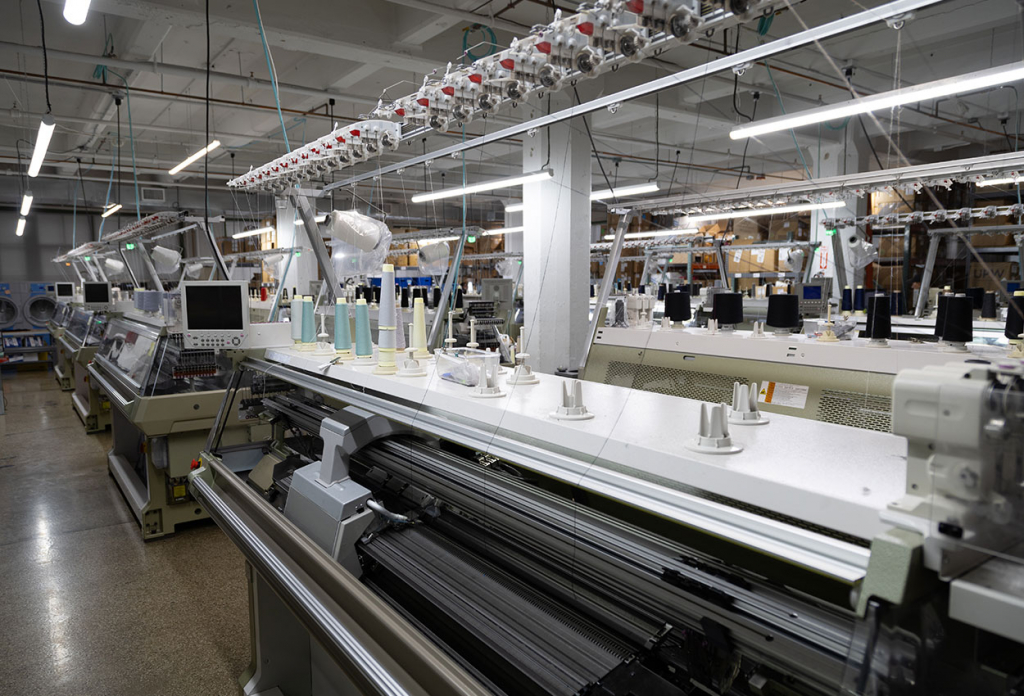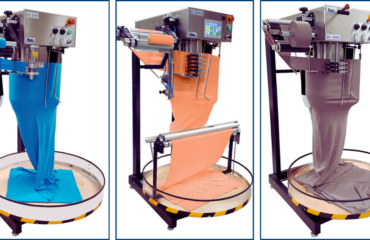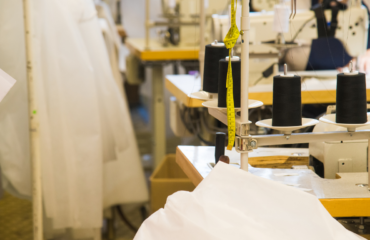The fashion and textile industry is changing fast. More brands are shifting to on-demand textile production to reduce waste and meet customer expectations. Instead of making large batches that may never sell, manufacturers now focus on producing only what’s needed. This approach helps cut costs, save materials, and support sustainability goals.
Sustainability isn’t just a trend—it’s a must. From fabric waste to energy use, every part of the production process matters. And one of the smartest ways to make a difference is through precision.
Why Waste Reduction Matters
Fabric waste is a hidden problem in many factories. Every scrap, wrong cut, or rejected item means:
- Lost money: Fabric is expensive, and waste eats into profits
- Environmental harm: Most textile waste ends up in landfills
- Extra work: Fixing mistakes takes time and energy
When these issues happen often, they add up fast. That’s why reducing waste is good for both the planet and the bottom line.
The Circular Economy in Textiles
The circular economy is all about keeping materials in use and cutting down on waste. In fashion, this means:
- Designing products that last
- Recycling fabrics and fibers
- Using every roll of material wisely
On-demand textile production fits right into this model. By making only what’s needed, factories avoid overproduction and reduce leftover stock. But even before recycling starts, precision machinery helps cut waste at the source.
Precision Technology: Small Changes, Big Impact
Big changes don’t always need big investments. Machines that cut fabric with accuracy, run efficiently, and reduce errors can make a huge difference.
Here’s how precision machinery helps:
- Less fabric waste: Every cut is clean and exact
- Fewer mistakes: Consistent quality means fewer rejects
- Lower energy use: Efficient machines run faster and smarter
- Longer machine life: Durable tools need fewer replacements
These small upgrades support on-demand textile production by making each step more efficient and less wasteful.
Real-World Impact: Knitwear and Trims
Think about a factory making trims for t-shirts. If they use old cutting methods, they might waste 5–10% of their fabric. But with modern precision cutters:
- Every strip is cut perfectly
- Waste drops by several meters per run
- Quality stays high, so there’s less rework
This kind of setup supports on-demand textile production by allowing quick changes and small batch runs without losing efficiency.
Sustainability as a Competitive Edge
Today’s shoppers care about the planet. Brands that show they’re eco-friendly often win more trust and more business. For manufacturers, this means:
- Getting contracts with green-focused brands
- Meeting global rules on waste and emissions
- Standing out in a busy market
Using precision machinery and switching to on-demand textile production helps factories prove they’re serious about sustainability.
Make the Smart Choice Now
Sustainability starts with smart choices. By using precision tools and embracing on-demand textile production, manufacturers can cut waste, save money, and meet modern demands.
Ready to make your production line more efficient and eco-friendly?
📩 Contact Håkan Steene for a product demo at h.steene@svegea.se or visit https://www.svegea.se to learn more.





